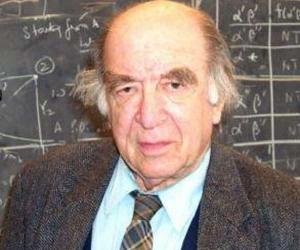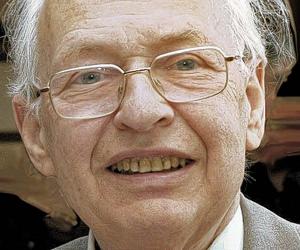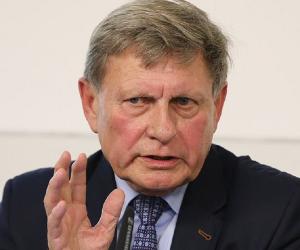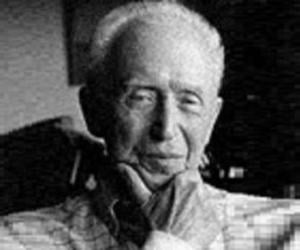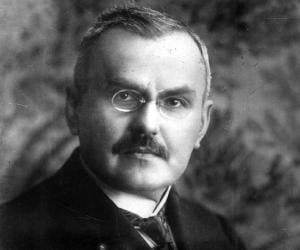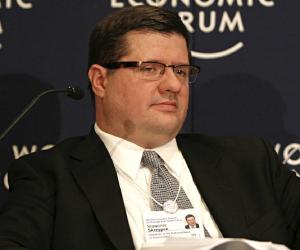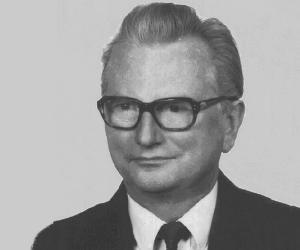1
Carl Menger
(Economist, University teacher)
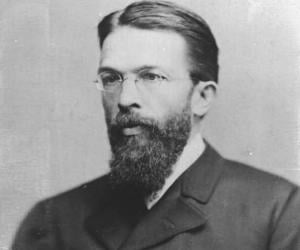
17
5
Birthdate: February 23, 1840
Sun Sign: Pisces
Birthplace: Nowy Sącz
Died: February 26, 1921
Carl Menger was an Austrian economist known as the founder of the Austrian School of economics. He made significant contributions to economic theory by developing the concepts of marginalism and marginal utility. Menger's work challenged the traditional cost-of-production theory of value proposed by classical economists such as Adam Smith and David Ricardo. He introduced the subjective theory of value, emphasizing the importance of individual preferences and subjective perceptions in determining the value of goods and services.
